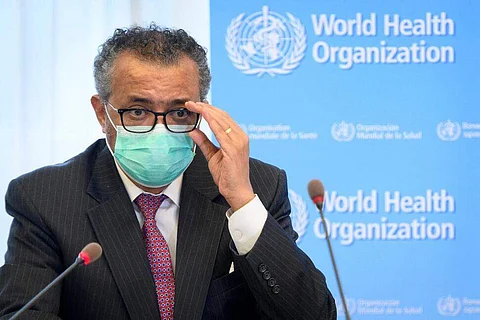

The World Health Organization (WHO) says that Coronavirus vaccine boosters should be offered to the most vulnerable first, in a move away from its previous insistence that boosters were unnecessary for healthy adults and an acknowledgement that the vaccine supply is improving globally.
At a press briefing on January 21, the UN health agency said it was now recommending booster doses of the Pfizer-BioNTech vaccine, beginning in the highest-priority groups, about four to six months after receiving the first two doses, in line with guidance from dozens of countries that embarked upon booster programmes months ago.
READ ALSO : Digital Divide: Fear of dropout strikes again in Chennai corporation schools after being shut down
Last year, WHO pleaded with rich countries to declare a moratorium on offering booster doses until the end of 2021, an appeal that went almost entirely ignored. The agency said its expert vaccine group assessed the increasing data about booster doses and noted the waning of immune protection over time. Numerous studies have shown in recent months that booster doses restore antibody levels and offer strong protection against severe disease, including against COVID-19 variants like delta and omicron.
"Boosters are part of the vaccination programme, but it doesn't mean unfettered use to all ages," said WHO's Dr Kate O'Brien, Director of Immunization, Vaccines and Biologicals. "We continue to have the highest focus on vaccination of the highest priority groups," she said. WHO also endorsed the use of the Pfizer-BioNTech vaccine for children as young as five, at a reduced dose. Countries including the US and Canada gave the green light to Pfizer's shot for young children last fall.
